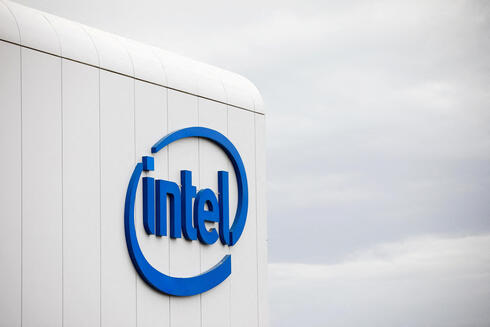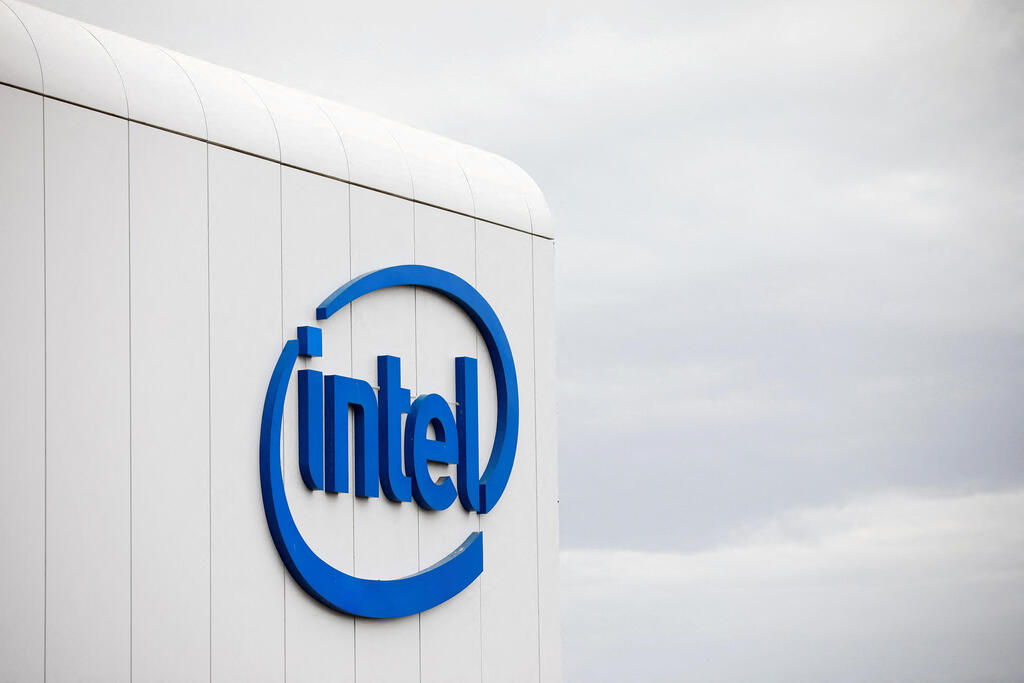
Broadcom eyes Intel’s chip design unit as TSMC considers its factories
The potential deals could dismantle Intel’s long-standing integrated model, reshaping the semiconductor industry.
The American chip giant Broadcom is considering acquiring Intel's chip design and marketing operations, according to The Wall Street Journal. If confirmed, along with reports of a possible sale of Intel's manufacturing division to Taiwan's TSMC, these moves could mark the end of Intel as a fully integrated semiconductor company.
Over the weekend, reports emerged that Taiwanese chip manufacturer TSMC is in talks to acquire Intel's manufacturing division, with the knowledge and support of senior officials in the Trump administration. Now, The Wall Street Journal reports that Broadcom is also interested in acquiring part of Intel. According to the report, the American chip developer is exploring the possibility of purchasing Intel’s chip design and marketing businesses and has held informal discussions with its advisors about submitting an offer. However, Broadcom is not expected to proceed unless it finds a partner willing to acquire Intel's chip manufacturing operations.
At this stage, no formal offer has been made to Intel. Broadcom and TSMC are not working together, and discussions on both potential deals remain preliminary and largely unofficial. However, if these moves materialize, they could lead to the breakup of Intel—one of the world’s most influential technology companies, which for decades shaped not only the semiconductor industry but also the development of personal computing.
Another possible scenario is that Intel sells only one of its divisions—either manufacturing or design—while continuing to operate in a more focused capacity. In that case, Intel would resemble modern semiconductor companies such as Nvidia and TSMC, which specialize in either chip development or manufacturing rather than maintaining both capabilities. This would mark a major shift from Intel’s traditional model as a vertically integrated chip giant, a position it has held since its founding.
Intel's interim executive chairman, Frank Yeary, has been leading the discussions with possible suitors and Trump administration officials, who are concerned about the fate of a company seen as critical to national security, the report said.
Yeary has been telling individuals close to him that he is most focused on maximizing value for Intel shareholders, the report added.
Former Intel CEO Pat Gelsinger, who was ousted last year, set sky-high expectations for Intel's manufacturing and AI capabilities among major clients but fell short, leading to the chipmaker losing or canceling contracts.
Intel's shares lost about 60% of their value last year as its capital-intensive bid to bolster manufacturing - a strategy championed by Gelsinger - strained the company's cash flow and ultimately led to it cutting about 15% of its workforce.
Reuters contributed to this report














